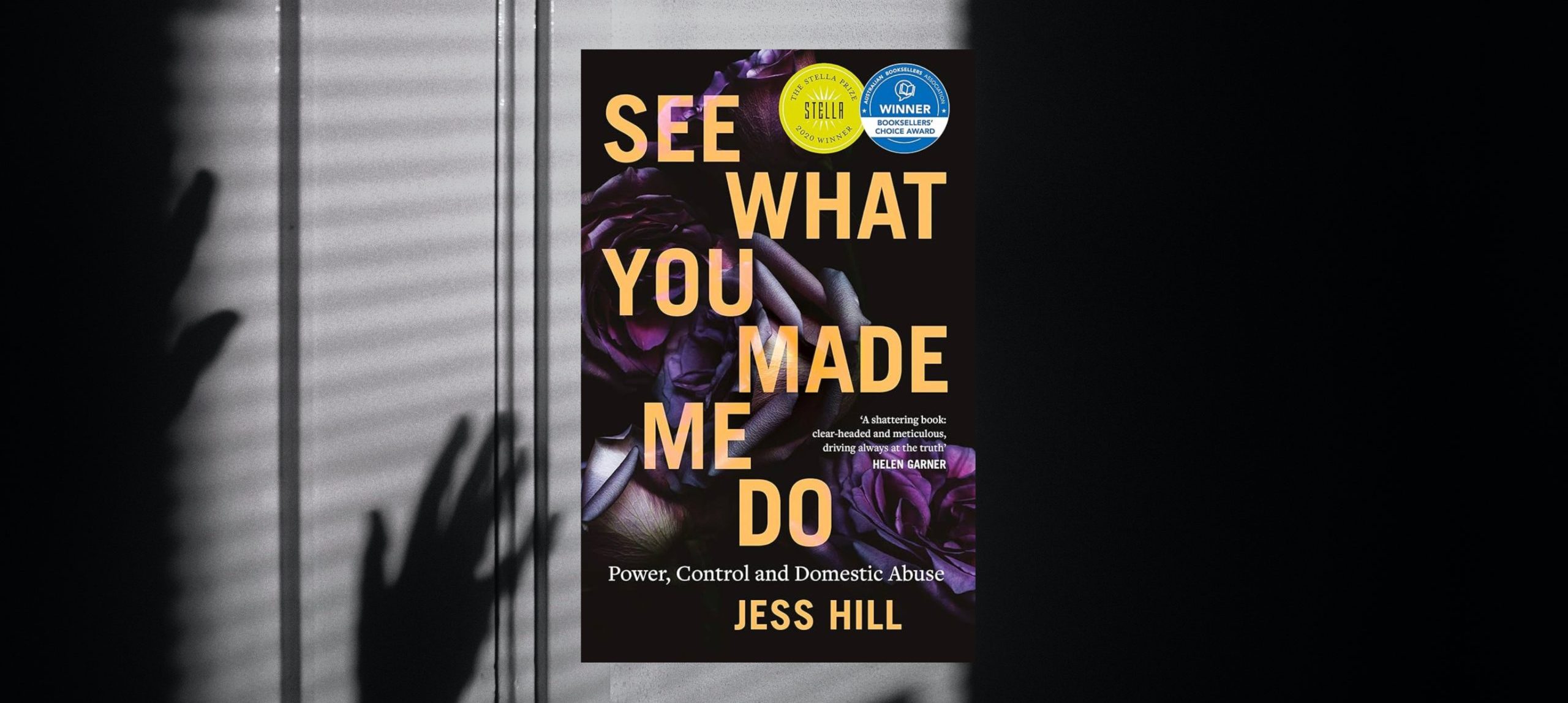 Hannah Milton is a GP, mum, and a runner.
Hannah Milton is a GP, mum, and a runner.
Two women per week are killed by a partner / ex-partner across England and Wales.
270 women were killed by a partner / ex-partner in 2015-18. 96% of these partners were male.
This book is important for GPs to read because domestic abuse is common and leads to longstanding health issues for women, children, and men. As with other books that I have read by investigative journalists, this book is beautifully written. Robust evidence and research are interspersed between individual stories that illustrate the variety of forms that abuse can take. Jess Hill writes with compassion, kindness and understanding even though the stories are incredibly harrowing. She is clearly deeply affected and angry at the stories that she has heard and what they tell us about the nature and scale of domestic abuse.
The book lays out the evolving expert theories about domestic abuse over the decades: from the, now discredited, Freudian idea of female masochism, through learned helplessness, Gottman and Jacobson’s ‘love lab’ categorisations of abusers, shame, The Patriarchy and the modern understanding of coercive control, which can involve no physical violence at all.
Robust evidence and research are interspersed between individual stories that illustrate the variety of forms that abuse can take.
Hill describes female intimate abuse in detail to acknowledge that men can be victims as well, although male victims are still more likely to have a male perpetrator. It is important that there are specific services to help men in these situations. However, this book is unambiguous in identifying (with evidence) that most domestic abuse involves a male perpetrator and a female victim / survivor. Hill goes on to clarify a point that often frustrates me about the oft quoted “1 in 3 victims is male” by interrogating the flawed evidence that is used back up that statistic. She concludes that domestic abuse IS largely a male crime.
The book shifts the focus from “Why does she keep going back to him?” to, more importantly, “Why does he keep doing it?”. I think it is unusual to explore the reasons behind the violent men’s thinking. Her investigations lead her to meet reformed perpetrators and the leaders of innovative behaviour change programmes to help men reform their relationships. Understanding shame and the societal and hierarchical factors behind why men abuse their partners is important if we want to prevent future domestic abuse.
She describes what I have seen referred to in other literature as Toxic Masculinity: “Men have been sold a lie. They were brought up to believe that, as long as they obeyed the rules of masculinity, they would be rewarded with power and privilege, limited only by how hard they are willing to work for it.” This old belief is failing men as well as the women who are abused because of it.
I will leave you with Jess Hill’s quote of Margaret Atwood: “Men are afraid that women will laugh at them, and women are afraid that men will kill them.”
Featured book: See What You Made Me Do: Power, Control and Domestic Abuse by Jess Hill, C Hurst & Co Publishers Ltd, 2020, 448 pages, ISBN 978-1-78738-826-0 £12.99 paperback.
Featured Photo by Maxim Hopman on Unsplash






